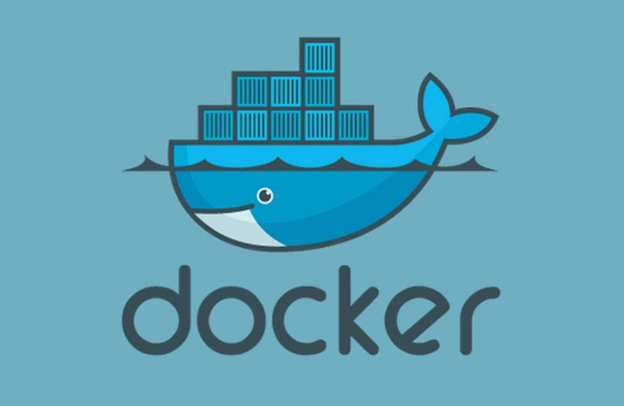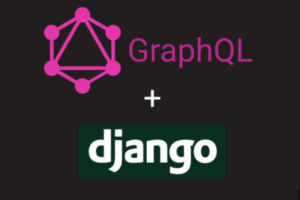Using Docker for Java Full Stack development can provide numerous benefits such as simplified environment setup, improved consistency across development and deployment, and enhanced scalability. Here’s a step-by-step guide on how to utilize Docker for Java Full Stack development:
- Install Docker:
Install Docker on your development machine by following the official Docker documentation specific to your operating system. - Containerize Backend Services:
Dockerize your Java backend services by creating a Dockerfile. The Dockerfile defines the instructions to build a Docker image for your backend service. Include the necessary dependencies, copy the application code, and specify the command to run the service. Use the appropriate base image for Java, such as OpenJDK, and configure the desired Java runtime environment. - Build Docker Images:
Use the Docker command-line interface (CLI) or a Docker management tool like Docker Compose to build Docker images from your Dockerfiles. Execute thedocker buildcommand in the directory containing the Dockerfile to build the image. Specify a tag to identify the image, such as the version or a custom name. - Containerize Frontend Assets:
If your Java Full Stack application includes a frontend component, containerize the frontend assets using Docker as well. Use a separate Dockerfile for the frontend, which may involve installing the necessary dependencies, building the frontend code, and setting up a lightweight web server like Nginx to serve the static assets. - Docker Compose (Optional):
If your Java Full Stack application consists of multiple services, consider using Docker Compose to define and manage the multi-container environment. Docker Compose allows you to define the services, their dependencies, network configurations, and environment variables in a single YAML file. This simplifies the management of interconnected services. - Configure Networking:
Set up networking between containers to enable communication. Docker provides various networking options, such as creating custom networks, linking containers, or using Docker Compose networking features. Ensure that your services can communicate with each other using the specified networking configuration. - Development with Docker:
During development, leverage Docker to create isolated development environments. Mount the application code directory as a volume inside the container to enable live code reloading. This way, changes made to the code on the host machine will reflect immediately within the running container, allowing for faster development cycles. - Testing and Debugging:
Docker allows you to create consistent environments for testing and debugging. Use Docker to spin up containers specifically for running tests or debugging purposes. Ensure that the required dependencies and configurations are present within the containers for accurate testing and debugging results. - Continuous Integration/Continuous Deployment (CI/CD):
Integrate Docker into your CI/CD pipeline to streamline the deployment process. Use tools like Jenkins, GitLab CI/CD, or Travis CI to build Docker images, push them to a Docker registry, and deploy the containers to your production environment. Leverage versioning and tagging strategies to manage different environments and releases. - Monitoring and Scaling:
Monitor your Docker containers using logging and monitoring tools like Prometheus, ELK Stack (Elasticsearch, Logstash, Kibana), or Grafana. Use container orchestration platforms like Kubernetes or Docker Swarm to manage container scaling, high availability, and load balancing. - Security Considerations:
Ensure that the Docker images and containers follow security best practices. Regularly update the base images, apply security patches, and avoid using insecure configurations. Implement appropriate access controls and restrict unnecessary privileges within the containers.
By incorporating Docker into your Java Full Stack development workflow, you can achieve consistent and reproducible environments, simplify deployment processes, and improve collaboration across teams. Docker enables a streamlined and efficient development and deployment experience for Java Full Stack applications.



